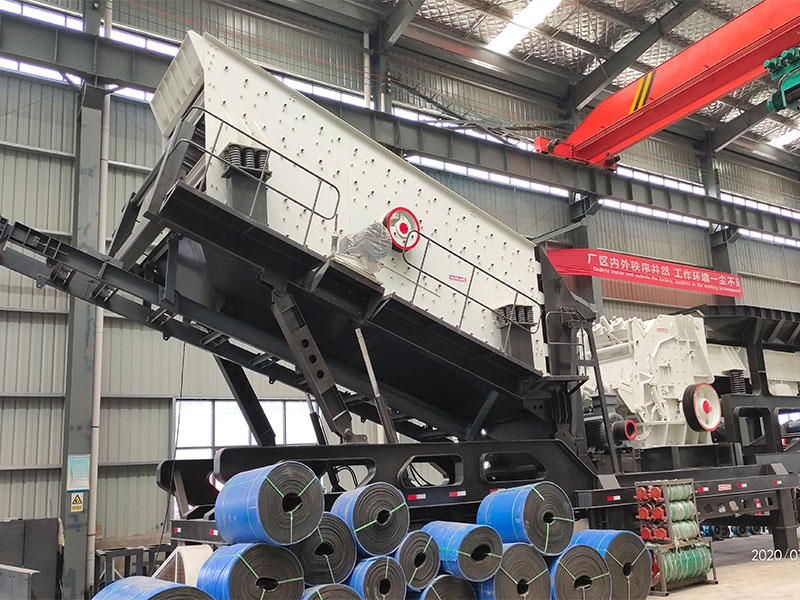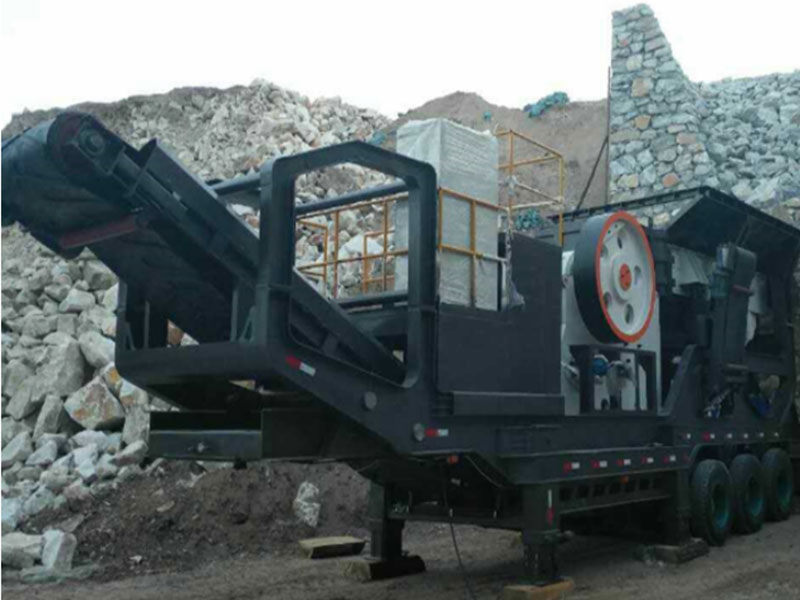In the dynamic world of aggregate production, where efficiency and productivity are paramount, mastering the art of optimal crusher plant practices is essential.
Understanding Your Material:
The foundation of any effective crusher plant for sale operation lies in a deep understanding of the material being processed. Different rocks and minerals require specific crushing approaches. Conduct thorough material analysis to determine hardness, abrasiveness, and particle size distribution. Armed with this knowledge, you can tailor your crushing process to optimize efficiency and reduce wear on equipment.

Proper Equipment Selection:
Choosing the right equipment is akin to selecting the right tools for a job. Stationary crushing plants come in various types, such as jaw crushers, cone crushers, impact crushers, and gyratory crushers. Each type has its unique advantages and is suited for specific applications. Consider factors like the type of material, required product size, and production capacity when selecting your crushing equipment.
Regular Maintenance and Inspections:
A well-maintained crusher plant is a productive one. Establish a comprehensive maintenance schedule to ensure that all components are in optimal condition. Regular inspections can identify potential issues before they escalate, preventing costly downtime. Pay attention to worn parts such as liners, belts, and bearings, and replace them promptly to maintain peak performance.
Operational Efficiency:
Streamlining your crusher plant operations is crucial for maximizing productivity. Implement efficient material handling systems to minimize bottlenecks and ensure a continuous flow of material. Optimize the crusher’s settings and controls to achieve the desired product size with the least amount of energy. Consider automation and remote monitoring to enhance operational efficiency and safety.

Dust Control and Environmental Compliance:
Crusher plants inherently generate dust during the crushing process. Implementing effective dust control measures not only improves the working environment but also ensures compliance with environmental regulations. Utilize dust suppression systems, enclosures, and ventilation to mitigate the impact of airborne particulates.
Training and Safety:
Invest in comprehensive training programs for mobile crusher plant operators and maintenance staff. Well-trained personnel are better equipped to operate and maintain equipment effectively, minimizing the risk of accidents and optimizing performance. Emphasize safety protocols to create a culture that prioritizes the well-being of personnel and the longevity of equipment.
Data-Driven Decision-Making:
Harness the power of data to make informed decisions. Implement monitoring systems that track key performance indicators (KPIs) such as production rates, energy consumption, and equipment health. Analyzing this data allows for proactive decision-making, enabling you to identify trends, optimize processes, and address potential issues before they impact production.
Continuous Improvement:
The quest for optimal crush machine practices is an ongoing process. Encourage a culture of continuous improvement within your team. Regularly evaluate performance metrics, solicit feedback from operators, and stay abreast of industry advancements. Embrace innovation and be open to adopting new technologies that can further enhance your crusher plant operations.
In conclusion, achieving optimal crusher plant practices involves a holistic approach that encompasses material understanding, equipment selection, maintenance, operational efficiency, environmental compliance, safety, data-driven decision-making, and a commitment to continuous improvement. By implementing these strategies, you can position your crusher plant for sustained success in the competitive world of aggregate production.
